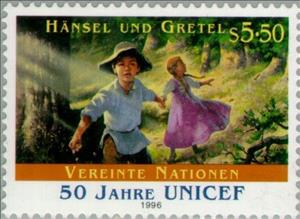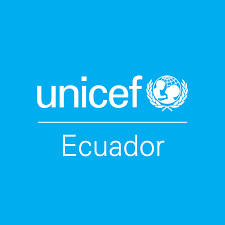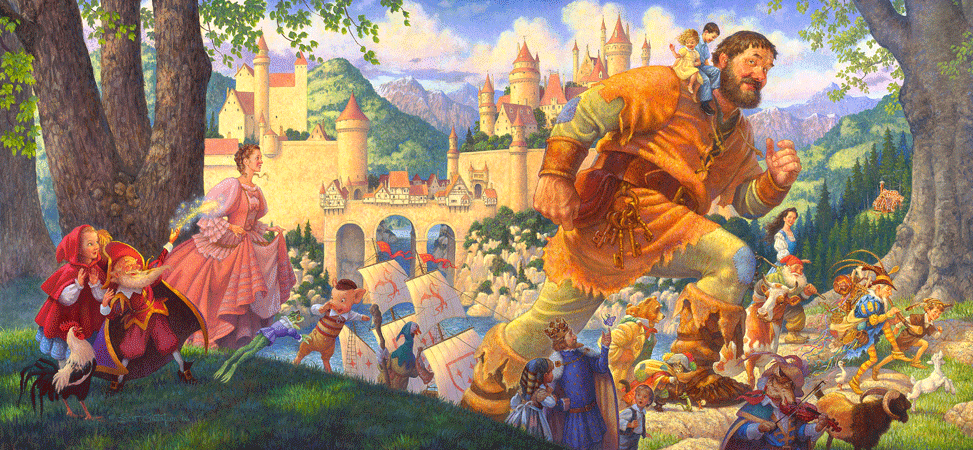Stamp: UNICEF (UNO Vienna 1996)
UNICEF (UNO Vienna 1996)
01 January (UNO Vienna ) within release UNICEF goes into circulation Stamp UNICEF face value 5.50 Austrian schilling
| Stamp UNICEF in catalogues | |
|---|---|
| Michel: | Mi:NT-WN 218 |
| Yvert et Tellier: | Yt:NT-WN 238 |
Stamp is horizontal format.
Also in the issue UNICEF:
|
Data entry completed
80%
|
|
|---|---|
| Stamp UNICEF in digits | |
| Country: | UNO Vienna |
| Date: | 1996-01-01 |
| Size: | 36 x 26 |
| Emission: | Commemorative |
| Format: | Stamp |
| Face Value: | 5.50 Austrian schilling |
Stamp UNICEF it reflects the thematic directions:
UNICEF (/ˈjuːniˌsɛf/ YOO-nee-SEF), originally the United Nations International Children's Emergency Fund, officially United Nations Children's Fund since 1953, is an agency of the United Nations responsible for providing humanitarian and developmental aid to children worldwide. The organization is one of the most widely known and visible social welfare entities globally, operating in 192 countries and territories. UNICEF's activities include providing immunizations and disease prevention, administering treatment for children and mothers with HIV, enhancing childhood and maternal nutrition, improving sanitation, promoting education, and providing emergency relief in response to disasters
A fairy tale (alternative names include fairytale, fairy story, magic tale, or wonder tale) is a short story that belongs to the folklore genre.Such stories typically feature magic, enchantments, and mythical or fanciful beings. In most cultures, there is no clear line separating myth from folk or fairy tale; all these together form the literature of preliterate societies. Fairy tales may be distinguished from other folk narratives such as legends (which generally involve belief in the veracity of the events described) and explicit moral tales, including beast fables. Prevalent elements include dragons, dwarfs, elves, fairies, giants, gnomes, goblins, griffins, merfolk, monsters, talking animals, trolls, unicorns, witches, wizards, magic, and enchantments.
An anniversary is the date on which an event took place or an institution was founded in a previous year, and may also refer to the commemoration or celebration of that event. For example, the first event is the initial occurrence or, if planned, the inaugural of the event. One year later would be the first anniversary of that event. The word was first used for Catholic feasts to commemorate saints. Most countries celebrate national anniversaries, typically called national days. These could be the date of independence of the nation or the adoption of a new constitution or form of government. The important dates in a sitting monarch's reign may also be commemorated, an event often referred to as a "Jubilee".



